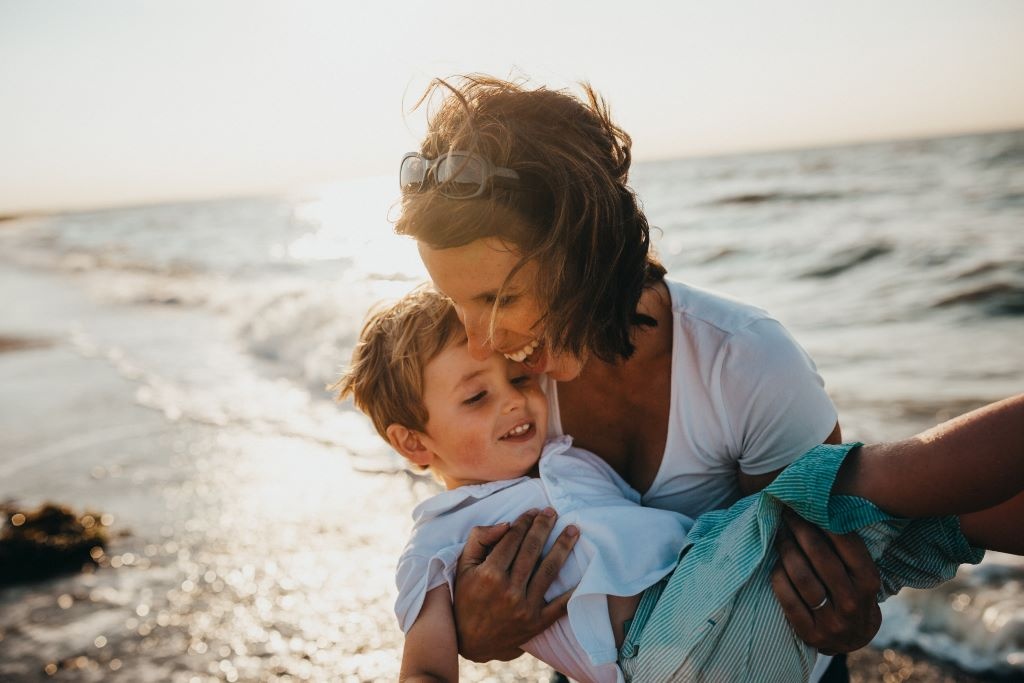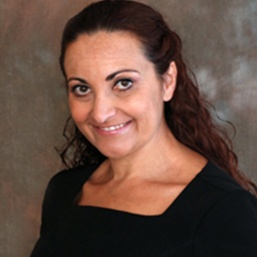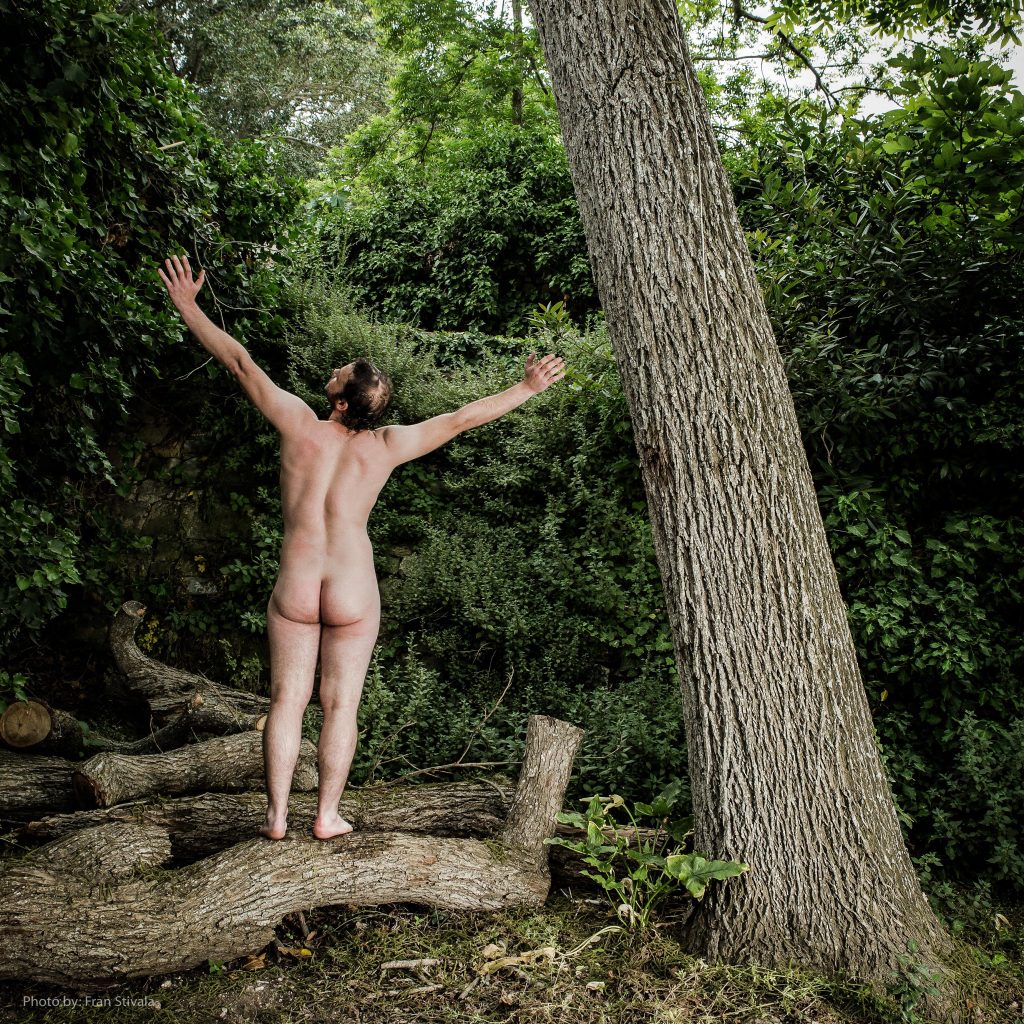
I was very disturbed by the avalanche of stories posted on Women for Women as part of the #metooMalta movement. As I read story after heart-wrenching story, I started thinking “where are all the good men? Are we still raising good men?”
Make no mistake, sexual abuse happens by all genders and to all genders. Hence, teaching our kids about respect, consent, trust, and consideration for others is of utmost importance, regardless of their gender and age.
However, studies indicate that there are links between toxic masculinity, violent behaviour, and the need to feel powerful. What is toxic masculinity? This term generally refers to harmful and destructive behaviours associated with stereotypical ideas of what it means to be a man. Our challenge as parents and educators is to help boys learn that leadership is not about showing dominance and control. Moreover, as women we need to help men understand that violence and aggression are not signs of being a “true man” and that showing emotions and being vulnerable are not signs of weakness.
How can we help the men in our lives achieve this?
- Listen: We must listen attentively and without judgement to what our children have to say. Let us create a space in our families where children experience unconditional love. Let us help our children feel that their thoughts and feelings are important and that they are heard and seen. At times, as parents want to rush in with a solution to “make it better quickly”. If we were to stop and listen, children would come up with their own solutions and then together we could explore their thoughts and ideas. Moreover, listening helps kids get in touch with their own feelings and models empathy. Developing empathy is extremely important for developing meaningful relationships and behaving compassionately. It helps children recognise and understand better the feelings and thoughts of others as well as develop compassionate behaviour. In raising good men, fostering empathy in our children is important, as empathetic young boys will grow up to be empathetic men. The ability to understand how women feel could prevent them from doing things which they might otherwise have no problem doing.
- Developing emotional intelligence: Helping our children develop emotional intelligence is also important. Emotional intelligence includes the ability to identify one’s emotions, name them and learn how to regulate them. This process helps normalise a range of emotions from anger to sadness to envy and helps children identify triggers to acting out on these emotions. Knowing what triggers negative emotions could not only prevent them from acting out, but could also allow the child to deal with the negative emotion in a healthy manner without harming themselves or others.
- Addressing toxic masculinity: As previously mentioned, toxic masculinity involves a distinct set of behaviours and attributes which are stereotypically associated with what it means to be a man. Such traits include aggression, a dominant attitude and competitiveness among others. Many of these traits are unknowingly passed on to our children; parents might tell their sons that “men don’t cry”, that “they should be strong” and “keep an upper stiff lip”. Such traits are also idolised in areas like work environments and competitive sports. Without meaning to, we could be encouraging our children to adopt these traits. Instead, we must model alternative behaviours while also aiming to shape the definition of masculinity into something other than physical strength. In raising good men, instead of telling our sons not to cry, you can encourage them to show emotion and let them know that sometimes we all need to cry. We need to foster an atmosphere were strength is not only physical; strength is also treating others kindly and controlling your emotions. Doing so teaches our children that being a man is not equal to being aggressive or dominant. On the contrary, what the toxic masculine perspective portrays as weakness is in reality great strength.
Finally, as women we need to believe that we have a voice. We are mothers, wives, partners, daughters, sisters, colleagues, educators and friends. We need to believe we can make a difference through our conversations, relationships, mentoring, and parenting. As adults, we need to accept nothing less than respect in our relationships and never, ever forget our self-worth.

Anna Catania (M.Cons. PG(Dip) Psychosexual and relationship therapy is a warranted counsellor specialised in the area if sex and relationships. She provides counselling to individuals and couples who are having difficulties with sexuality, relationships and intimacy.
Click here to check out Anna’s full bio as well as a list of all her Wham published articles





